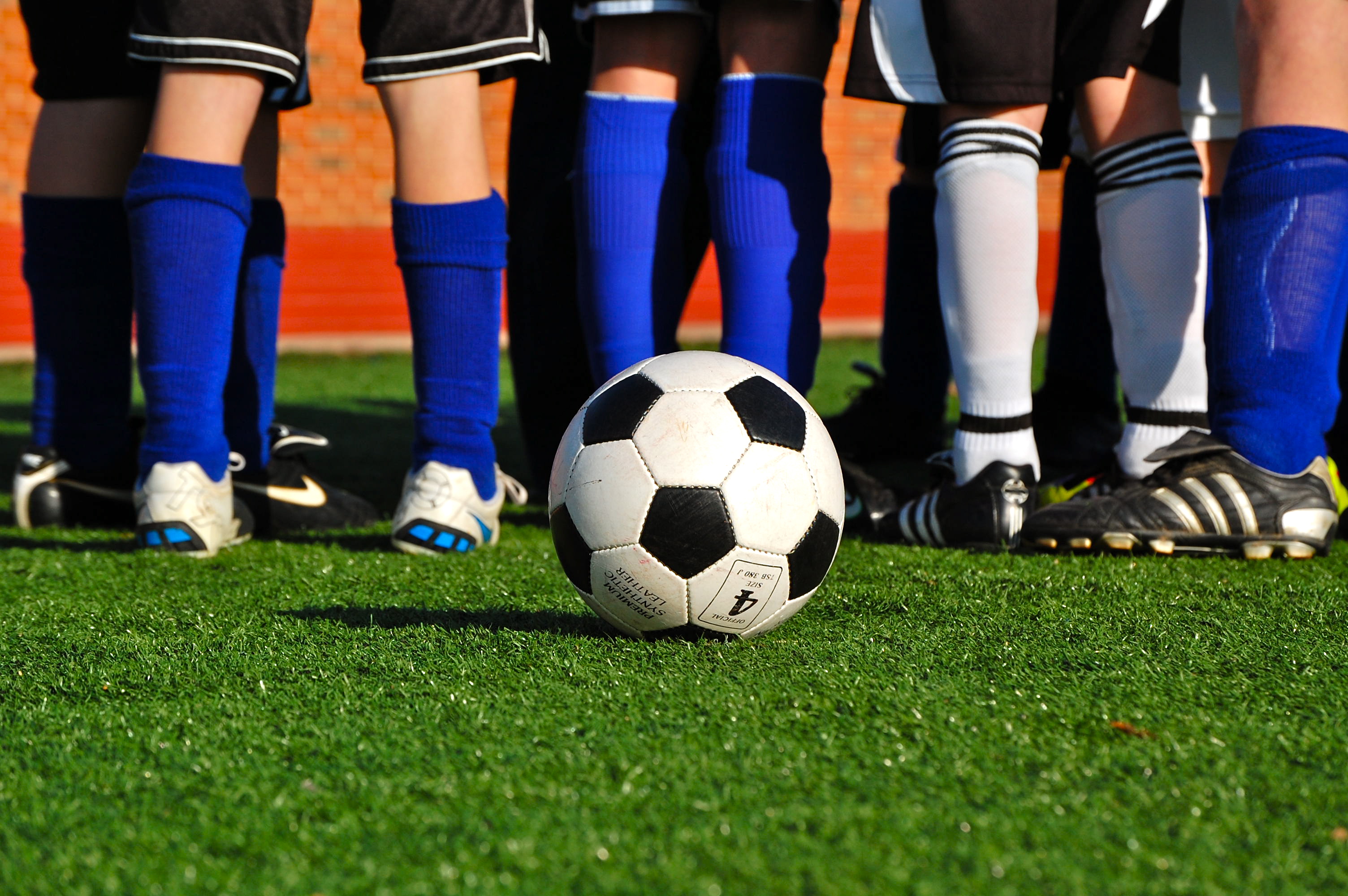UCLA Women’s Soccer Kneels for the National Anthem

Photo by Michelle Milla via CreativeCommons
On Dec. 3, UCLA Women’s Soccer played in the NCAA Championship game against Stanford University. While this was the season’s most obvious achievement, last month, some team members began taking on a very different challenge by kneeling during the national anthem before games.
Members of the team began kneeling before games around the time protests started in the National Football League (NFL), a movement started in 2016 by former San Francisco 49ers quarterback, Colin Kaepernick. Kaepernick’s protest was in regards to the disproportionate numbers of Black people being gunned down across the country by the police, the same spark which ignited the Black Lives Matter movement. After facing scrutiny and eventually losing his job for his actions, as he was deemed as disrespectful and arrogant by many, Kaepernick left the NFL and has yet to be picked up by a team, despite having taken the 49ers to a Super Bowl.
Earlier this season, President Trump remarked on Kaepernick’s protest, referring to a hypothetical protesting NFL player as a “son of a bitch” who should be fired for his actions by the hypothetical team’s owner. These words sparked a widespread response across the NFL, with over 200 players taking a knee during “The Star Spangled Banner.” The motives behind this resurgence, however, remain mixed, as many players knelt in opposition to the president rather than in solidarity with Black Lives Matter as Kaepernick did when he was an active player.
On Oct. 1, before a game vs. Oregon State, members of the UCLA Women’s Soccer team began kneeling during the national anthem while other members stood unified with their hands on each other’s shoulders. They continued to do so before the games that followed.
Head coach Amanda Cromwell explained later on to the Pac-12 Network that after the first game, the team met and decided to allow players to act upon their own free will during the anthem; the rest of the team would continue to support their fellow women’s decisions. She expanded on the nature of the protest, clarifying that “it’s about supporting the cause of racial justice and equality.”
Cromwell added: “It’s an honor to coach this team and have these conversations because they’re really important to have.” Her closing comment highlighted a major issue facing the movement spanning over many sports at all levels. Players and their authority figures must have conversations about uncomfortable topics such as racial inequality in this country. This issue is even bigger in the professional sports world, where owners, players, and coaches are often segregated by race, gender, and class, to name a few prevalent identifiers.
A glaring example of this segregation is in the NFL, where Black quarterbacks are a rare sight even though there hasn’t been an all-White league in over 70 years ago. In football, players are trained to hone their skill-set to fit a specific position since they are children. Systemic racism has caused many coaches and football authority figures at every level of the sport to encourage White players to take on positions associated with intelligence and leadership skills, such as the team’s quarterback, over players of other races.
Moving higher up on the totem pole, 88 percent of NFL owners are White, while 68 percent of its players are Black as of 2014. This statistic gives greater context to President Trump’s derogatory comments, showing how race colors the way everyone, no matter their stature, sees the world. White people in positions of power treating Black people as exploitable bodies rather than fellow humans is not an idea new to America. Firing players, of whom roughly two-thirds are Black, and deeming them “sons of bitches” for exercising their First Amendment rights is an eerily perfect example of racist American ideology and its present manifestation.
Here at UCLA, where Trump claims to have aided in the retrieval of three Men’s Basketball players after their shoplifting arrests in China, it is important to consider why Trump did not comment on any other protests in different leagues by various players. Did it simply not come to his attention that our Women’s Soccer team took up Kaepernick’s message? Or did he fail to react to many other athlete’s protests due to their identities and reputations, as students, women or beyond in contrast to an outspoken Black man? These are questions we must ask and conversations we must have in our lives as global citizens. “Champions Made Here” is only a fitting motto if we embrace the championing of oppressed peoples on our campus and beyond.




